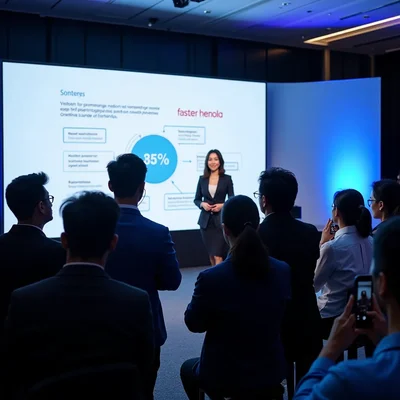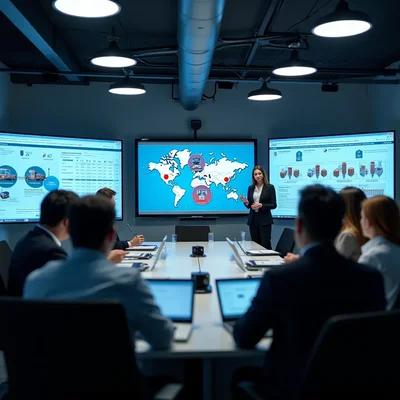Understanding Import Export Essentials
Key Concepts for Success in Global Trade
In today's interconnected world, mastering the essentials of import and export is crucial for businesses aiming to tap into global markets. With Singapore being a strategic hub for international trade, it is vital for companies to understand the nuances of global supply chains, compliance regulations, and logistics management. From 2020 to 2023, Singapore’s total trade grew by an impressive 10%, highlighting the increasing importance of robust supply chain strategies and informed decision-making in import-export operations.

Understanding Import and Export Fundamentals
Import export essentials encompass various aspects, including trade regulations, tariffs, logistics, and documentation. Knowing the right channels and processes can reduce costs and streamline operations. The ASEAN Free Trade Area has facilitated a 12% increase in trade among member countries, showcasing the benefits of understanding regional agreements and leveraging them to enhance business opportunities.

Navigating Trade Regulations
Adhering to international trade regulations is fundamental for successful import and export activities. Regulations govern everything from product standards to tariffs and customs procedures. In 2022, the World Trade Organization reported that compliance issues accounted for up to 20% of delays in trade shipments. Businesses must stay informed about changes in regulations, such as the Regional Comprehensive Economic Partnership, to prevent costly disruptions.

Logistics Management for Efficiency
Effective logistics management is essential for timely delivery and cost efficiency in global trade. In Singapore, the logistics sector contributes approximately 7.5% to the GDP. Understanding the intricacies of logistics, such as freight forwarding, warehousing, and transportation options, can lead to improved supply chain efficiency. In fact, companies that optimize their logistics operations report a 15% increase in customer satisfaction ratings.

Documentation and Compliance
As the landscape of international trade continues to evolve, staying informed about regulatory changes and economic trends is more important than ever. Our books offer forward-looking analyses of potential shifts in trade policies, helping businesses proactively adapt and thrive amidst uncertainty. With an impressive 90% satisfaction rate among our readers, Feyora Rexepi is committed to empowering trade professionals with the knowledge they need to succeed in an increasingly competitive global market.

Risk Management in Trade
Risk management is an integral component of import and export strategies. With over 40% of companies experiencing trade disruptions due to unforeseen factors such as geopolitical tensions or pandemics, developing a risk management plan is essential. Businesses should utilize trade insurance and diversify their supply chains to mitigate potential risks effectively, ensuring resilience in their operations.




